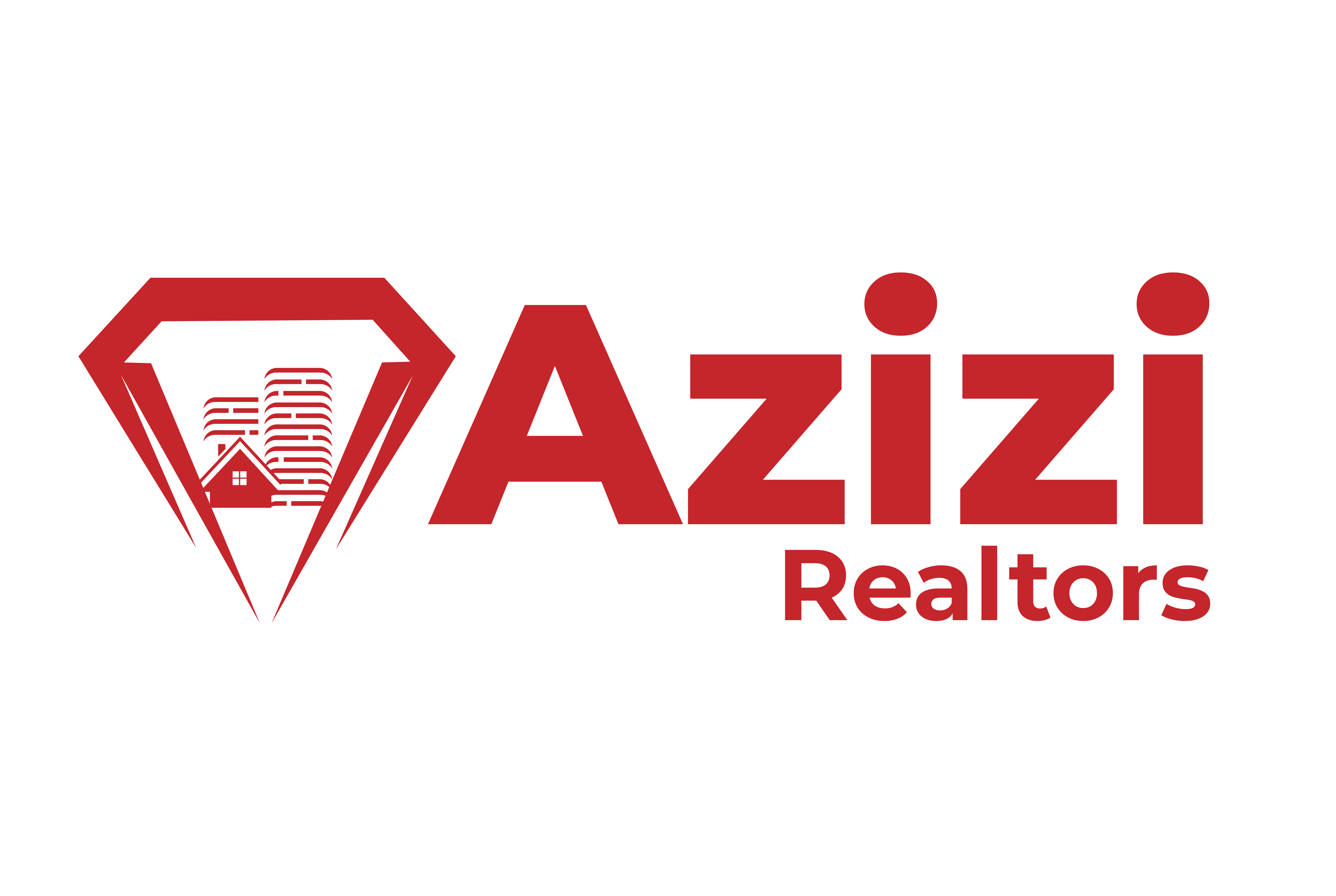What Are the Five Key Factors to Consider Before Investing in Rental Properties?
Investing in rental properties has been a game-changer in building wealth for many. With the right strategy, turning a rental into a profitable investment becomes more achievable than you think. And the key to realizing this starts with making informed decisions. If you are considering investing in real estate, here are five factors that you should take into account before making that bold step.
1. Location: The Cornerstone of Your Investment
First, location is everything. Your property’s location determines its value, the type of tenants you expect, and the rental income. Investing in a high-demand area with strong rental potential means less or no effort needed to attract clients. With a great management service, be sure of a consistent and timely return on your investment. Low-potential areas translate to more effort to get tenants, and, to worse extents, you may experience unoccupied houses. Look for neighborhoods with good infrastructure, access to schools, shopping centers, and public transport. Low crime rates and upcoming developments also indicate long-term investment value.
2. Market Analysis: Understanding Rental Demand
Next, analyze market trends and rental demand. This provides you with a benchmark that will help you determine if there’s a healthy demand for rentals in your target area that will generate a consistent, profitable income stream. Research average rental prices, vacancy rates, and tenant preferences in the area. Use digital platforms to track vacancy rates. Many vacant properties in an area indicate a high vacancy rate. Understanding these helps you set competitive rental rates and ensure a steady income flow.
- Note: Setting your rental too high will lead to vacancies, and setting it too low results in lost income. Having a reasonable price will position your property competitively.
3. Financial Planning: Building a Solid Foundation
Financial planning is crucial. Running a rental property is running a business and isn’t just about buying a building. Factor in maintenance, insurance, property management, and potential vacancy costs. Then calculate your return on investment (ROI) to ensure your property will generate positive cash flow. A well-planned financial approach protects you from unexpected losses.
4. Tenant Management: Securing Your Investment
Lastly, tenant management matters. No matter how thoroughly you’ve analyzed market trends or how precisely you’ve designed your financial projections, the success of your rental investment will rely on the quality of your tenants. Unreliable tenants are characterized by late or missed payments and more often leave your property damaged. Your tenant onboarding process has to be procedural, following every key step to safeguard your investment. A solid screening process that involves background checks, verification of employment, and rental history will help you minimize the risk of renting to individuals who pose financial or maintenance-related challenges.
Final Thoughts
A successful rental investment requires thorough research, financial discipline, and a smart tenant strategy. Making informed choices from the start sets you up for long-term profitability.
If you are looking to invest in rental properties and need expert guidance? Call us today at +254 703 790 095, and let’s help you find the right property for maximum returns!








